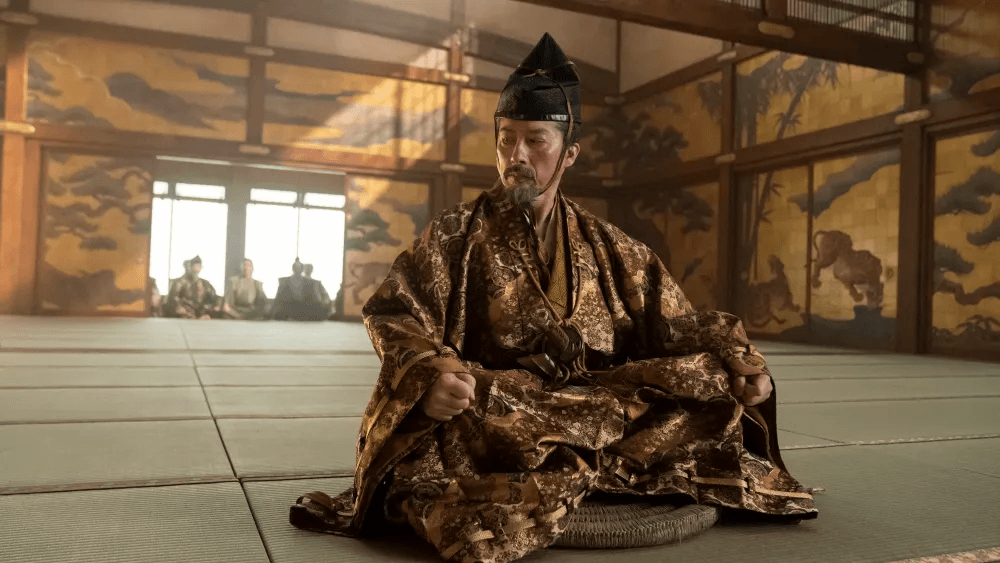
TV Drama “Shogun”
Background and Setting of the Series
The TV drama “Shogun” is an epic miniseries that took viewers on a riveting journey through feudal Japan. Based on James Clavell’s bestselling novel, it captivated audiences with its rich storytelling and stunning visuals. Released in the early 1980s, this landmark drama offered a unique glimpse into the cultural complexities and historical narratives of Japan during a turbulent period. What makes “Shogun” truly stand out is its incredible portrayal of various characters and their interactions, making it more than just a historical narrative; it’s a legacy that continues to resonate with viewers even today.
Set in the early 17th century, “Shogun” transports the audience to a time when Japan was isolated from Western influence. The series juxtaposes vast landscapes and intricately detailed samurai culture with the struggle for power among rival clans. Key elements include:
- Period: Early 1600s
- Location: Japan
- Cultural Context: The series illustrates the clash between Western and Eastern values.
This vibrant backdrop not only enhances the drama but also binds the characters’ destinies together, as they navigate the formidable feudal system.
Plot Summary of Shogun
Main Characters and Their Roles
In the TV drama “Shogun,” the characters drive the plot forward, each playing a crucial role in this historical narrative. The most notable among them are:
- John Blackthorne (played by Richard Chamberlain): A rugged English navigator who becomes embroiled in the politics of Japan after shipwrecking on its shores.
- Toranaga (portrayed by Toshiro Mifune): A cunning samurai lord who aspires to become the Shogun and manipulates Blackthorne’s arrival to his advantage.
- Mariko (played by Yoshiko Matsumoto): A complex character, she bridges cultural gaps as Blackthorne’s guide and love interest, advocating for peace between East and West.
Synopsis of the Storyline
“Shogun” unfolds around Blackthorne’s transformation from an outsider to a key player in Japanese politics. After reaching Japan, he confronts a society deeply rooted in tradition and honor.
- The drama explores themes of loyalty, power, and cultural assimilation as Blackthorne navigates the treacherous waters of Japan’s feudal system.
- The struggle for power between Toranaga and his enemies adds layers to the narrative, culminating in gripping confrontations.
This captivating tapestry of intrigue and personal growth ultimately showcases the clash of civilizations and the profound changes that await Blackthorne.
Impact and Reception of Shogun
Audience Reviews and Ratings
The TV drama “Shogun” secured the nomination for best drama television series. The show was met with enthusiastic acclaim upon its release, leaving an indelible mark on its viewers. Audiences were captivated by the stunning cinematography, intricate plot, and strong performances.
- Ratings: It earned high marks across various platforms, often cited as a groundbreaking miniseries.
- Critical Reception: Many critics hailed it as one of the best adaptations of literature to screen, noting its ability to balance drama and cultural authenticity.
Fans tuned in week after week, sharing their excitement on social media, often reminiscing about their favorite scenes and characters.
Cultural Influence and Legacy
“Shogun” didn’t just entertain; it influenced how Western audiences perceive Japanese culture. Its portrayal of samurai ethics, governance, and lifestyle sparked a renewed interest in Japanese history and literature. Drama four Golden Globe awards in the television series category
- Educational institutions began incorporating aspects of the series into their curricula, fostering understanding between cultures.
Anna Sawai & Hiroyuki Sanada
Fast forward to today, and the legacy of “Shogun” is carried on by contemporary actors like Anna Sawai and Hiroyuki Sanada.
Sanada was nominated for best performance by a male actor in a drama television series, while Anna Sawai was tapped for best performance by a female actor in a drama television series.
- Anna Sawai: With her breakout performances, she draws inspiration from the strong female characters of the past.
- Hiroyuki Sanada: Known for his impactful roles, he often reflects on how “Shogun” helped shape global perceptions of Japanese storytelling.
Together, they continue to elevate the narrative, making the cultural dialogue initiated by “Shogun” more relevant than ever.